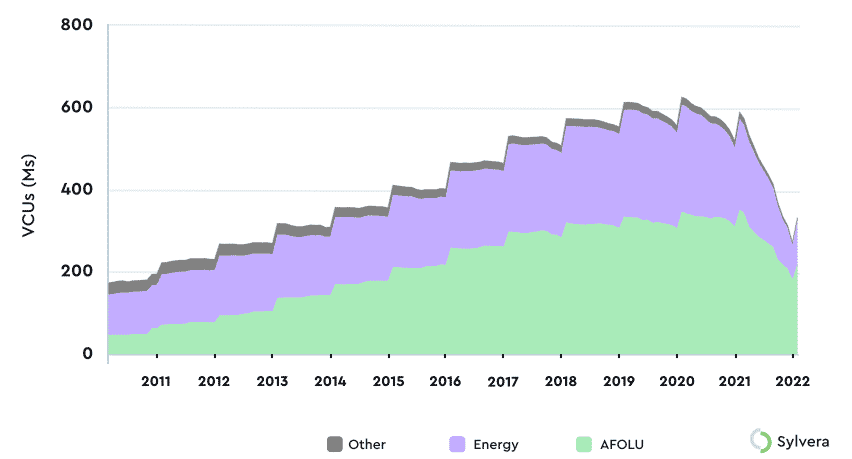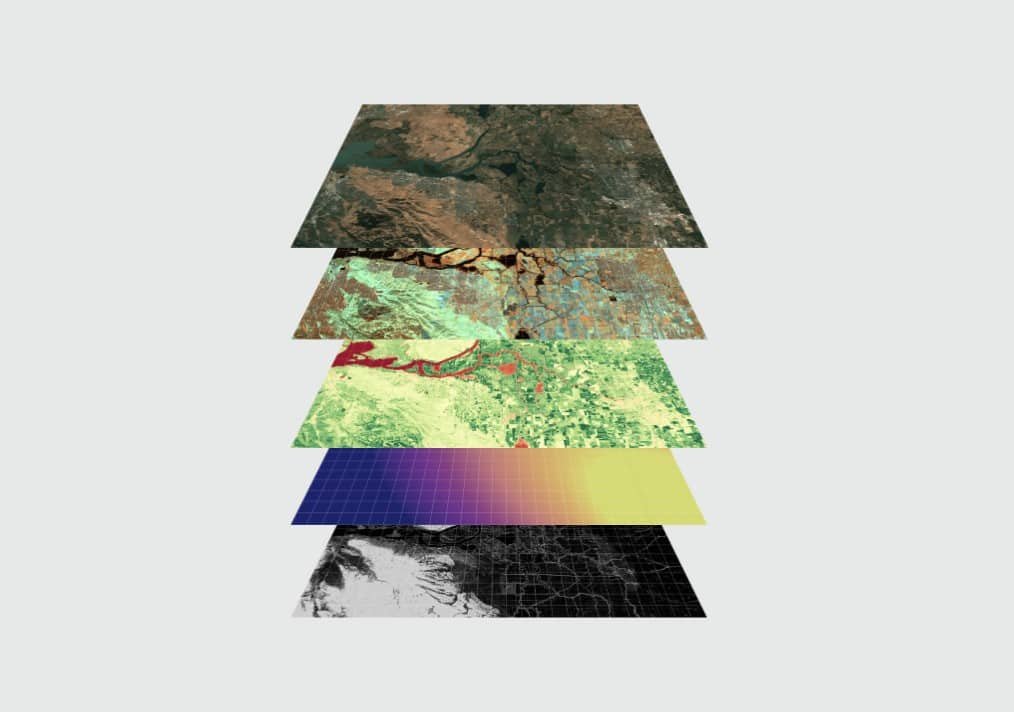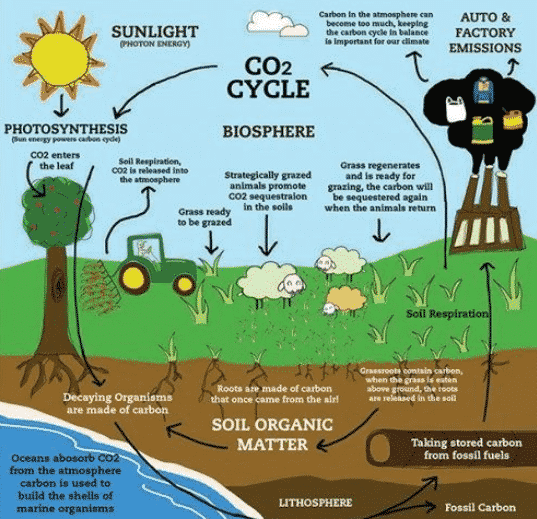Soil carbon platform Perennial secured an $18M investment from investors including, Bloomberg, Microsoft Climate Innovation Fund, Temasek and SineWave Ventures.
Perennial is a soil carbon platform that focuses on measurement, reporting, and verification (MRV). The firm’s previous name is Cloud Agronomics with the vision to make the soil the world’s biggest carbon sink.
The firm can detect carbon and other nutrients in soil via its machine learning, ground observation, and remote sensing tech. Thus, its system can bypass the need for the lengthy and costly process of physical soil sampling.
The $18 million soil carbon investment will be for Perennial’s MRV platform ramp-up. In particular, it will help companies meet their net zero emissions plans with better insetting and offsetting.
Co-founder and CEO of Perennial stated that:
“What’s needed is an accurate and cost-effective way to measure and report carbon stored in soil everywhere, all the time. That’s the key to unlocking the huge market potential for trusted soil carbon offset credits.”
Perennial’s MRV Platform
Today, the voluntary carbon market is supply constrained. There’s more demand for carbon credits to offset emissions than the supply of verified credits.
Agricultural soils can remove and store billions of tons of CO2. And with the right incentives in place like carbon credits, agriculture can be a key solution to fight climate change. The image shows how soil carbon sequestration works.
In 2021, the firm created the highest-ever resolution map of soil organic carbon for the USA.
Perennial’s chief scientist, James Kellner, said:
“Our technology reduces or eliminates the need for physical soil sampling… Reducing the sampling burden will drive down the cost of generating carbon offsets in agricultural land.”
The Perennial team has made great progress in developing its soil carbon MRV platform. It had done several market validation projects in the U.S. and Australia.
Its technology brings accuracy, detail, and scalability to soil carbon measurement. In fact, each measurement contains hundreds to thousands of individual predictions. Thus, it captures the unique carbon fingerprint of each field.
Agricultural companies can use Perennial’s technology to measure and reduce their emissions in the food supply chain. While project developers can work with the firm to verify the carbon credits they’re selling to corporate emitters.
Both of these are crucial to meeting net zero emissions goals.
The company partners with top registries to help landowners create carbon offset credits much easier.
The investment will help speed up Perennial’s soil carbon platform and build its team.
As a result, buyers of those credits will be able to measure and track their investments in carbon offsets. This is critical for their ESG quantification and reporting requirements.
Better yet, farmers will receive a steady stream of income via carbon credits that managing their lands generate.
This new investment into Perennial’s soil carbon technology comes right on time.
According to a report by Sylvera, nature-based carbon credits will be soon all that’s left. And the chart below shows that. VCUs refer to verified carbon unit credits.

And so, buyers will rely on carbon credits from agriculture, forestry, and other land use (AFOLU) projects. They’re the so-called nature-based carbon credits, which is Perennial’s domain.


